DIY Alcohol Cleaners: Unlock the secrets to a sparkling home with the power of rubbing alcohol! Are you tired of harsh chemicals and expensive cleaning products that promise the world but often fall short? I know I was! That’s why I dove headfirst into the world of DIY cleaning solutions, and let me tell you, the results have been amazing.
Using alcohol for cleaning isn’t a new fad. In fact, its disinfectant properties have been recognized for centuries, with various cultures utilizing it for medicinal and sanitizing purposes. Think of the old apothecaries meticulously preparing tinctures – alcohol was often a key ingredient! Today, we’re bringing that time-tested knowledge into our homes to create effective and affordable cleaning solutions.
But why should you bother with DIY alcohol cleaners when there are so many products on the market? Well, for starters, you’ll save a ton of money! Plus, you’ll know exactly what’s going into your cleaners, avoiding potentially harmful chemicals that can irritate your skin and pollute your home. This article will guide you through simple, step-by-step recipes for creating your own powerful and versatile alcohol-based cleaners. From disinfecting surfaces to removing stubborn stains, these DIY hacks will transform your cleaning routine and leave your home sparkling clean and smelling fresh. Get ready to ditch the store-bought stuff and embrace the power of DIY!
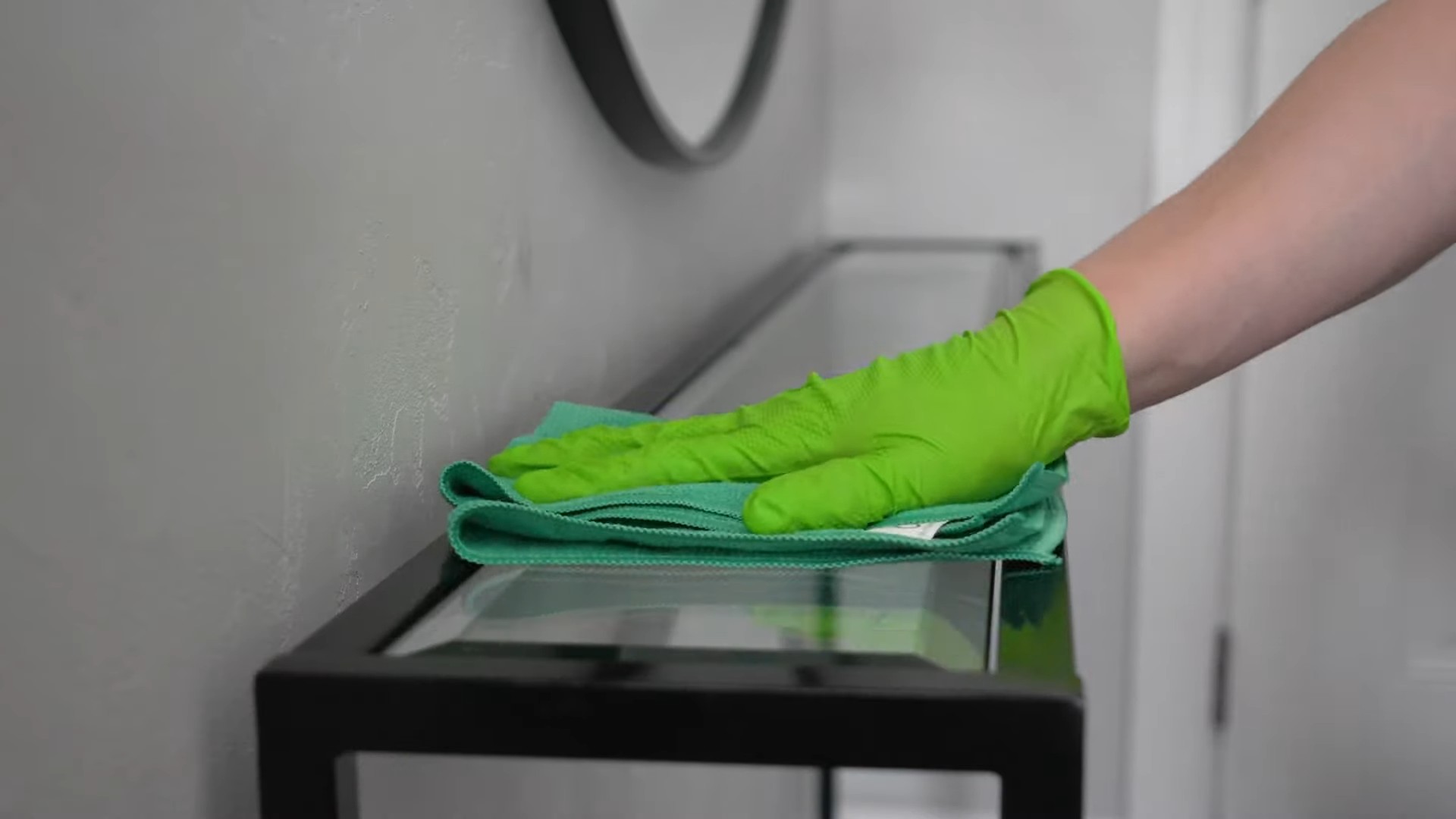
DIY Alcohol-Based Cleaners: A Guide to Sparkling Clean Without the Harsh Chemicals
Hey everyone! I’m so excited to share my favorite DIY alcohol-based cleaner recipes with you. I’ve been making my own cleaning solutions for years, and honestly, I’ll never go back to store-bought stuff. Not only is it cheaper, but I know exactly what’s going into my cleaners, and I can customize them to my specific needs. Plus, it’s a great way to reduce plastic waste!
Before we dive in, let’s talk about why alcohol is such a great cleaning agent. It’s a fantastic disinfectant, effective against many common household germs. It also evaporates quickly, leaving surfaces streak-free. However, it’s important to remember that alcohol is flammable, so always handle it with care and store your homemade cleaners safely.
Important Safety Note: Always wear gloves when handling alcohol and other cleaning ingredients. Work in a well-ventilated area. Keep your DIY cleaners out of reach of children and pets. Never mix alcohol with bleach, as this can create toxic fumes. Always test your cleaner on an inconspicuous area first to ensure it doesn’t damage the surface.
Choosing Your Alcohol: Isopropyl vs. Ethanol
The two main types of alcohol you’ll use for cleaning are isopropyl alcohol (rubbing alcohol) and ethanol (grain alcohol or denatured alcohol).
* Isopropyl Alcohol (Rubbing Alcohol): This is the most common and readily available option. You can find it in most drugstores and supermarkets. I usually opt for 70% isopropyl alcohol, as it’s more effective at disinfecting than higher concentrations. The water content helps the alcohol penetrate cell walls more effectively.
* Ethanol (Grain Alcohol or Denatured Alcohol): Ethanol is generally considered safer than isopropyl alcohol, but it can be harder to find and more expensive. Denatured alcohol is ethanol that has been treated with additives to make it undrinkable. This is the type you’ll typically find for cleaning purposes.
For most of these recipes, either isopropyl or ethanol will work just fine. I’ll specify if one is preferred over the other.
General Supplies You’ll Need
Before we get started with the recipes, here’s a list of the basic supplies you’ll need:
* Spray bottles (glass or plastic)
* Measuring cups and spoons
* Funnel
* Distilled water (tap water can work, but distilled water will prevent mineral buildup)
* Essential oils (optional, for fragrance and added cleaning power)
* Gloves
* Labels
Recipe 1: All-Purpose Alcohol Cleaner
This is my go-to cleaner for just about everything! It’s great for countertops, sinks, appliances, and even glass.
Ingredients:
* 1 cup 70% isopropyl alcohol (or ethanol)
* 1 cup distilled water
* 10-20 drops of your favorite essential oil (I like lemon, lavender, or tea tree)
Instructions:
1. Combine Ingredients: In a spray bottle, combine the alcohol, water, and essential oils (if using).
2. Shake Well: Secure the lid and shake the bottle well to mix the ingredients.
3. Label: Label the bottle clearly with the name of the cleaner and the date.
4. Use: Spray the cleaner onto the surface you want to clean and wipe with a clean cloth.
Recipe 2: Glass and Mirror Cleaner
Say goodbye to streaks with this simple glass cleaner! The alcohol helps the cleaner evaporate quickly, leaving a sparkling shine.
Ingredients:
* 1/2 cup 70% isopropyl alcohol (or ethanol)
* 1 1/2 cups distilled water
* 1 tablespoon white vinegar (optional, for extra cleaning power)
Instructions:
1. Combine Ingredients: In a spray bottle, combine the alcohol, water, and vinegar (if using).
2. Shake Gently: Gently shake the bottle to mix the ingredients. Avoid shaking too vigorously, as this can create bubbles.
3. Label: Label the bottle clearly with the name of the cleaner and the date.
4. Use: Spray the cleaner onto the glass or mirror and wipe with a clean microfiber cloth.
Recipe 3: Disinfecting Bathroom Cleaner
This cleaner is perfect for tackling bathroom germs and grime. The tea tree oil adds extra disinfecting power.
Ingredients:
* 1 cup 70% isopropyl alcohol (or ethanol)
* 1/2 cup distilled water
* 1/4 cup white vinegar
* 15-20 drops tea tree essential oil
Instructions:
1. Combine Ingredients: In a spray bottle, combine the alcohol, water, vinegar, and tea tree oil.
2. Shake Well: Secure the lid and shake the bottle well to mix the ingredients.
3. Label: Label the bottle clearly with the name of the cleaner and the date.
4. Use: Spray the cleaner onto bathroom surfaces like sinks, toilets, and showers. Let it sit for a few minutes to disinfect, then wipe clean with a cloth or sponge.
Recipe 4: Electronics Cleaner
This gentle cleaner is safe for use on screens, keyboards, and other electronic devices. Important: Always turn off and unplug the device before cleaning.
Ingredients:
* 1/2 cup 70% isopropyl alcohol
* 1/2 cup distilled water
Instructions:
1. Combine Ingredients: In a spray bottle, combine the alcohol and water.
2. Shake Gently: Gently shake the bottle to mix the ingredients.
3. Label: Label the bottle clearly with the name of the cleaner and the date.
4. Use: Lightly spray the cleaner onto a clean microfiber cloth (never directly onto the device). Gently wipe the screen or device to remove dirt and fingerprints. Allow the surface to air dry completely before turning the device back on.
Recipe 5: Hand Sanitizer
With a few simple ingredients, you can make your own hand sanitizer that’s just as effective as store-bought versions.
Ingredients:
* 2/3 cup 99% isopropyl alcohol (or ethanol) – Important: Use at least 60% alcohol for effective sanitization.
* 1/3 cup aloe vera gel
* 5-10 drops of your favorite essential oil (optional, for fragrance)
Instructions:
1. Combine Ingredients: In a bowl, combine the alcohol, aloe vera gel, and essential oils (if using).
2. Mix Well: Stir the ingredients together until they are thoroughly combined.
3. Transfer to Bottle: Use a funnel to pour the mixture into a clean, airtight bottle or container.
4. Label: Label the bottle clearly with the name of the product and the date.
5. Use: Apply a small amount of sanitizer to your hands and rub them together until dry.
Recipe 6: Shoe Deodorizer
This spray will help eliminate odors from your shoes and keep them smelling fresh.
Ingredients:
* 1/2 cup 70% isopropyl alcohol
* 1/2 cup distilled water
* 15-20 drops tea tree essential oil (or other antibacterial essential oil)
Instructions:
1. Combine Ingredients: In a spray bottle, combine the alcohol, water, and tea tree oil.
2. Shake Well: Secure the lid and shake the bottle well to mix the ingredients.
3. Label: Label the bottle clearly with the name of the product and the date.
4. Use: Spray the inside of your shoes with the deodorizer. Allow them to air dry completely before wearing.
Recipe 7: Jewelry Cleaner
This is a gentle way to clean your jewelry and remove tarnish. Do not use on porous stones like pearls or opals.
Ingredients:
* 1/2 cup 70% isopropyl alcohol
* 1/4 cup distilled water
* A few drops of mild dish soap (optional)
Instructions:
1. Combine Ingredients: In a small bowl, combine the alcohol, water, and dish soap (if using).
2. Soak Jewelry: Place your jewelry in the solution and let it soak for 10-15 minutes.
3. Gently Scrub: Use a soft-bristled brush (like an old toothbrush) to gently scrub the jewelry, paying attention to any areas with dirt or tarnish.
4. Rinse and Dry: Rinse the jewelry thoroughly with clean water and dry it with a soft cloth.
Tips for Success
* Use Quality Ingredients: Using high-quality alcohol and essential oils will result in a more effective and pleasant-smelling cleaner.
* Experiment with Essential Oils: Don’t be afraid to experiment with different essential oil blends to find your favorite scents.
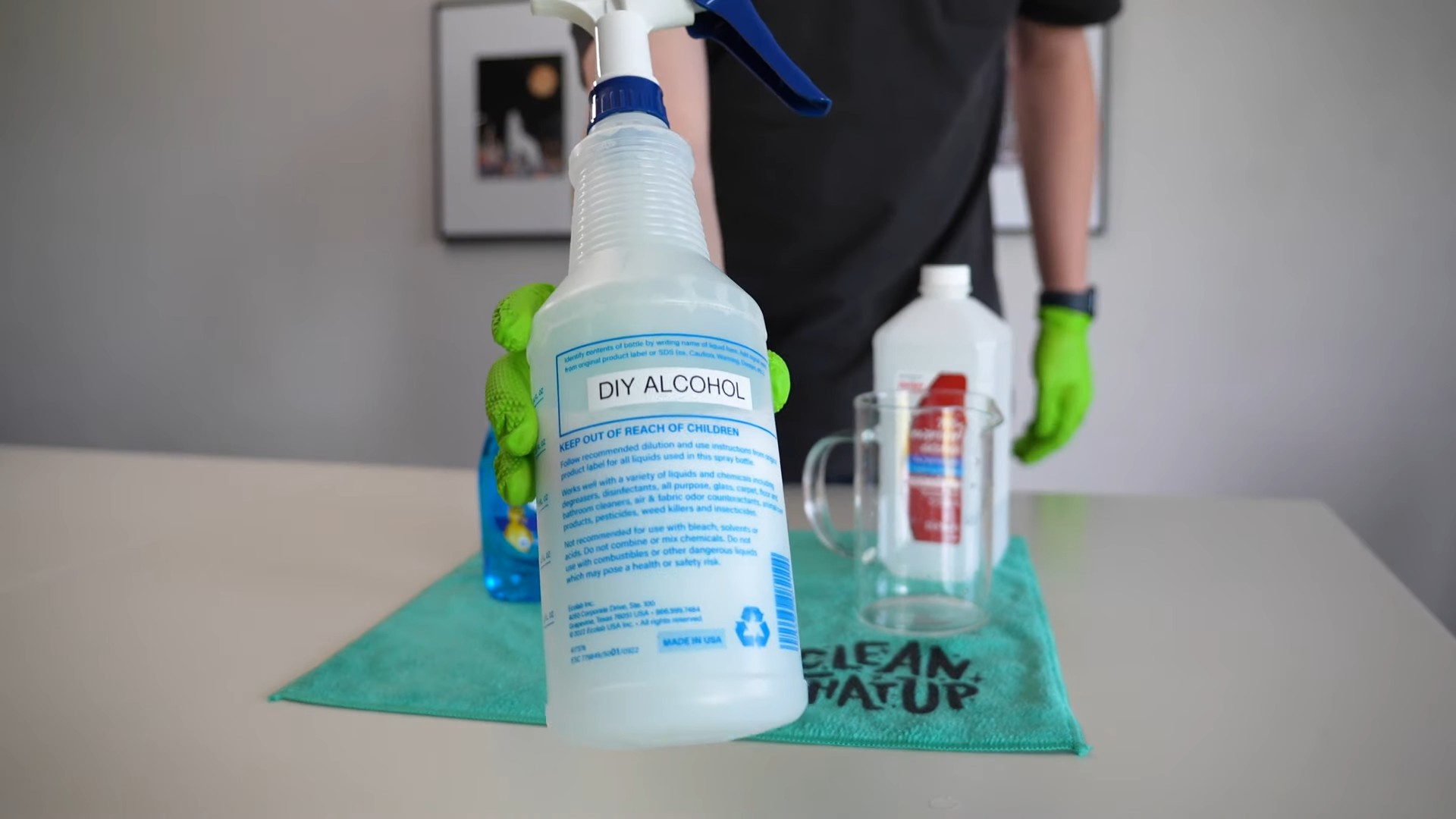
Conclusion
So, there you have it! Crafting your own DIY alcohol cleaners is not just a cost-effective alternative to store-bought options; it’s a gateway to a cleaner, healthier, and more sustainable lifestyle. We’ve explored the simplicity of the process, the versatility of the solutions, and the peace of mind that comes with knowing exactly what ingredients you’re using in your home.
Why is this a must-try? Because it empowers you to take control of your cleaning routine. You’re no longer beholden to the chemical cocktails marketed by big corporations. You can tailor your cleaners to your specific needs, whether you’re tackling stubborn grease in the kitchen, sanitizing surfaces in the bathroom, or gently cleaning delicate electronics. The environmental benefits are undeniable, reducing plastic waste and minimizing your exposure to potentially harmful chemicals. Plus, let’s be honest, there’s a certain satisfaction that comes from creating something useful and effective with your own two hands.
Looking for variations? Consider infusing your alcohol cleaner with essential oils for added fragrance and antimicrobial properties. Lavender, tea tree, eucalyptus, and lemon are all excellent choices. Experiment with different concentrations of alcohol and water to find the perfect balance for your cleaning needs. For tougher stains, add a small amount of white vinegar or baking soda to your solution. Remember to always test your cleaner on an inconspicuous area first, especially when cleaning delicate surfaces.
But the real magic happens when you put these recipes to the test. We wholeheartedly encourage you to try making your own DIY alcohol cleaners. Start with a simple recipe, like the all-purpose cleaner, and see the difference it makes in your home. Once you’re comfortable, branch out and experiment with different variations and applications.
Don’t just take our word for it, though. The best way to discover the true potential of DIY alcohol cleaners is to experience it for yourself. We’re confident that you’ll be impressed with the results.
And most importantly, we want to hear about your experiences! Share your successes, your failures, your favorite recipes, and any tips or tricks you’ve discovered along the way. Let’s build a community of DIY cleaning enthusiasts who are passionate about creating a cleaner, healthier, and more sustainable world. Leave a comment below, tag us on social media, and let us know how your DIY alcohol cleaner journey is going. Together, we can revolutionize the way we clean our homes.
Frequently Asked Questions (FAQs)
What type of alcohol is best for making DIY cleaners?
Isopropyl alcohol (also known as rubbing alcohol) is the most commonly used and readily available type of alcohol for DIY cleaners. Look for a concentration of 70% or higher for effective disinfecting. Ethanol (grain alcohol) can also be used, but it’s often more expensive and may be subject to stricter regulations depending on your location. Avoid using denatured alcohol, as it contains additives that can be harmful or leave a residue.
Is a higher percentage of alcohol always better for cleaning?
Not necessarily. While a higher percentage of alcohol (like 99%) is more effective at killing germs, it evaporates much faster. A 70% alcohol solution is actually preferred for disinfecting because the water content helps to slow down evaporation, allowing the alcohol more time to penetrate and kill bacteria and viruses. The water also aids in dissolving dirt and grime.
Can I use DIY alcohol cleaners on all surfaces?
While alcohol is generally safe for most surfaces, it’s always a good idea to test it on an inconspicuous area first, especially on delicate materials like painted surfaces, wood finishes, and certain plastics. Avoid using alcohol cleaners on acrylic or polycarbonate plastics, as it can cause them to crack or become cloudy.
How do I store my DIY alcohol cleaner?
Store your DIY alcohol cleaner in a clean, airtight spray bottle or container. Label the bottle clearly with the contents and date. Keep it out of reach of children and pets. Store it in a cool, dark place away from direct sunlight and heat sources.
How long will my DIY alcohol cleaner last?
DIY alcohol cleaners typically have a shelf life of several months to a year, depending on the ingredients used. The alcohol itself is a preservative, but other ingredients like essential oils may degrade over time. If you notice any changes in color, odor, or consistency, it’s best to discard the cleaner and make a fresh batch.
Can I add essential oils to my DIY alcohol cleaner?
Yes, essential oils can be a great addition to DIY alcohol cleaners for added fragrance and antimicrobial properties. Some popular choices include lavender, tea tree, eucalyptus, lemon, and peppermint. Add a few drops of your favorite essential oil to your alcohol cleaner and shake well before each use. Be sure to research the safety of each essential oil before using it, especially if you have pets or allergies.
Are DIY alcohol cleaners safe for use around children and pets?
While DIY alcohol cleaners are generally safer than many commercial cleaners, it’s still important to exercise caution when using them around children and pets. Keep the cleaner out of reach of children and pets, and avoid spraying it directly on them. Ensure proper ventilation when using the cleaner, and avoid inhaling the fumes. If your child or pet accidentally ingests the cleaner, contact a medical professional or veterinarian immediately.
Can I use DIY alcohol cleaners to disinfect surfaces during the COVID-19 pandemic?
Yes, alcohol-based cleaners with a concentration of at least 70% alcohol are effective at killing the SARS-CoV-2 virus that causes COVID-19. Use your DIY alcohol cleaner to disinfect frequently touched surfaces like doorknobs, light switches, countertops, and faucets. Allow the cleaner to remain on the surface for at least 30 seconds to ensure proper disinfection. Always follow the guidelines and recommendations of public health officials regarding disinfection practices.
What are some other uses for DIY alcohol cleaners?
Besides general cleaning and disinfecting, DIY alcohol cleaners can be used for a variety of other purposes, including:
* Cleaning electronics: Use a cotton swab dipped in alcohol to clean keyboards, screens, and other electronic devices.
* Removing sticky residue: Alcohol can dissolve sticky residue from labels, tape, and glue.
* Cleaning glass and mirrors: Alcohol leaves glass and mirrors streak-free and sparkling.
* Freshening up fabrics: Spray a light mist of alcohol on fabrics to kill odor-causing bacteria.
* Cleaning jewelry: Alcohol can remove dirt and grime from jewelry, leaving it shiny and new.
What if I don’t have isopropyl alcohol? Can I use something else?
While isopropyl alcohol is the most recommended, you can use vodka (at least 80 proof, or 40% alcohol) as a substitute, though it will be less effective as a disinfectant. White vinegar can also be used as a cleaning agent, but it doesn’t have the same disinfecting properties as alcohol. For disinfecting, sticking with isopropyl alcohol is your best bet for your DIY alcohol cleaners.

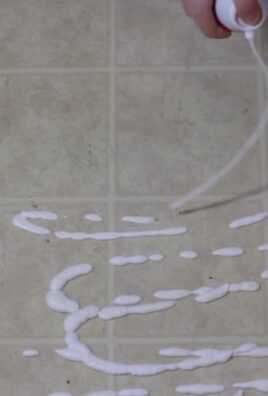
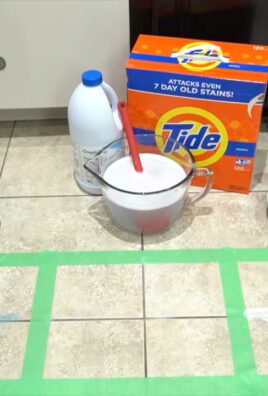
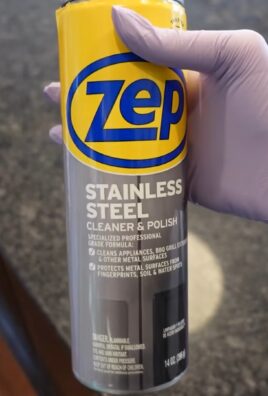
Leave a Comment